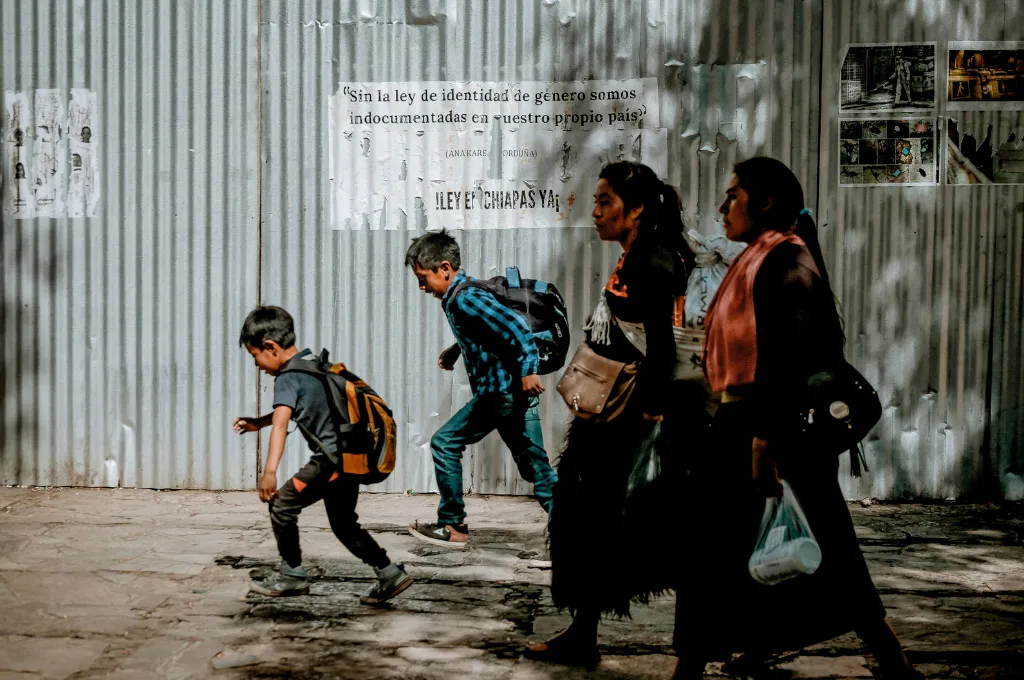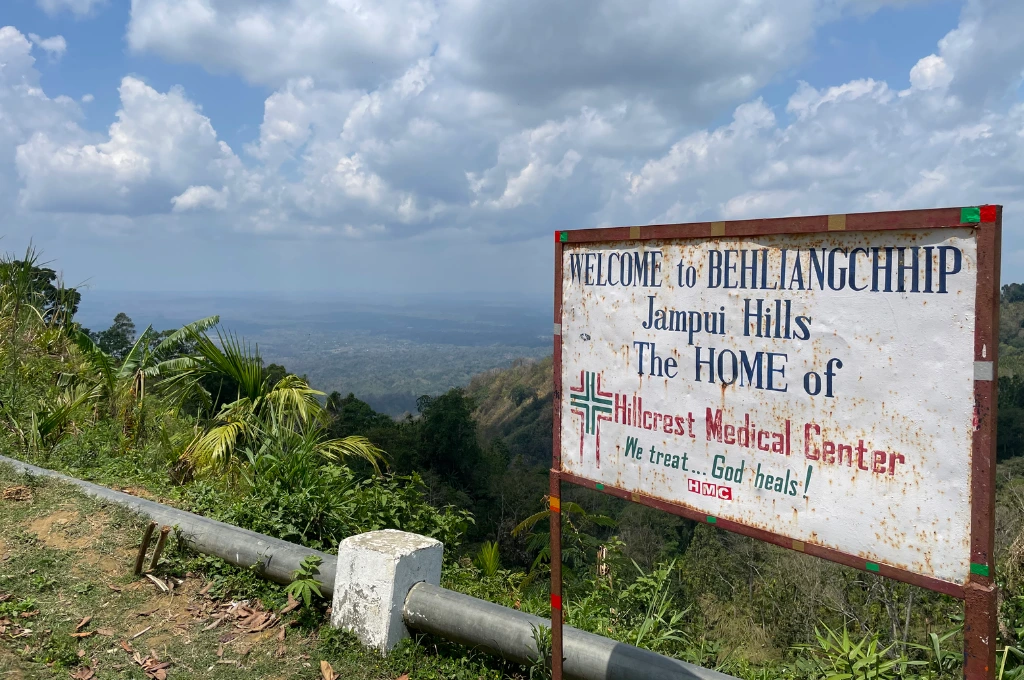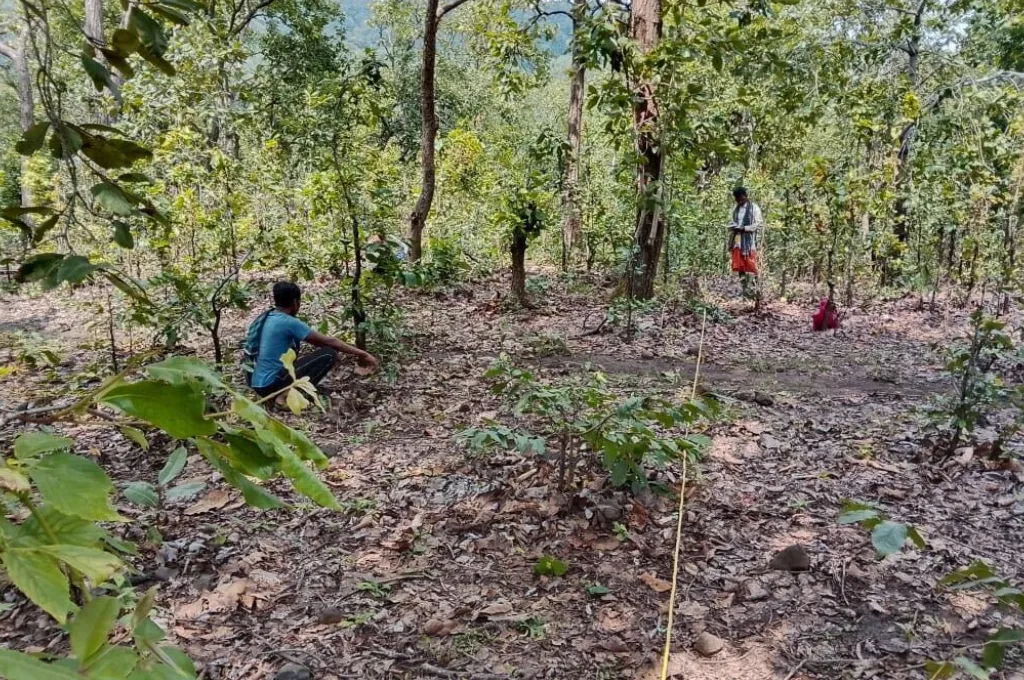A ritual of restrictions: When faith shapes women’s health
Kashi* starts to speak—from a distance—because bandhej forbids her to come close to other women. She is one of the many women in the Bundelkhand region who go through the ritual of bandhej, which literally translates to ‘restrictions’. She tells me how it is a practice for women who can’t conceive a child or experience subsequent miscarriages. Though the reasons for this could be many—from lack of nutrition to early marriage—the community believes that infertility and miscarriages take place because the deities and spirits are unhappy with the women.
To please the deities and get pregnant, the woman has to abide by a certain set of norms. A local priest, known as a panda, usually performs the ceremony. They claim that the deities speak to them and tell them what the women need to do in order to have a child. Kashi tells me that she is forbidden to go to her parents’ home throughout the period of her bandhej, which typically lasts a year. Although she cooks for the entire family, she has to cook her own food separately. Any kind of shringaar (make-up) is forbidden. She also mentions that her main source of livelihood is to sell wood that she collects from the forest, but since bandhej she isn’t allowed to go into the market. Even in the forest, the group of women she goes with maintain at least 20 metres of distance from her.
Traditionally, if anything goes wrong, the women cannot even turn to allopathy. They must say no to vaccination, routine check-ups, and medicine. Only when the deity grants them permission can they seek external help. While these days women go for monthly check-ups, they let only the male doctors or women who have reached menopause come near them to check their blood pressure and haemoglobin.
Village elders tell me that the initial idea behind the practice was to give rest and nutrition to women who have trouble conceiving. However, over the years, the norms have become more rigid. Of the 30 women I spoke to, more than 20 said that they don’t like the regulations that come with the ritual. They seem to think that the cons majorly outweigh the pros. Many women don’t end up getting pregnant even after abiding by all the rules. However, the ritual remains unaffected by the rate of failure.
The sarpanch of Kudan village says, “It is not easy to eradicate a generations-old belief rooted in faith, especially when other kinds of healthcare interventions are so inaccessible to the women in these remote villages. In this vacuum, people have used indigenous knowledge to deal with a complex medical issue. In the face of desperation, this is what they fall back on.”
*Name changed to maintain confidentiality.
Nivedita Rawtani is an India Fellow currently working in Panna, Madhya Pradesh, with Project Koshika. India Fellow is a content partner for #groundupstories on IDR. Read the original story here.
—
Know more: Read more about why young mothers in India are dying by suicide.
Do more: Connect with the author at niveditarawtani23@gmail.com to learn more about or support her work.



